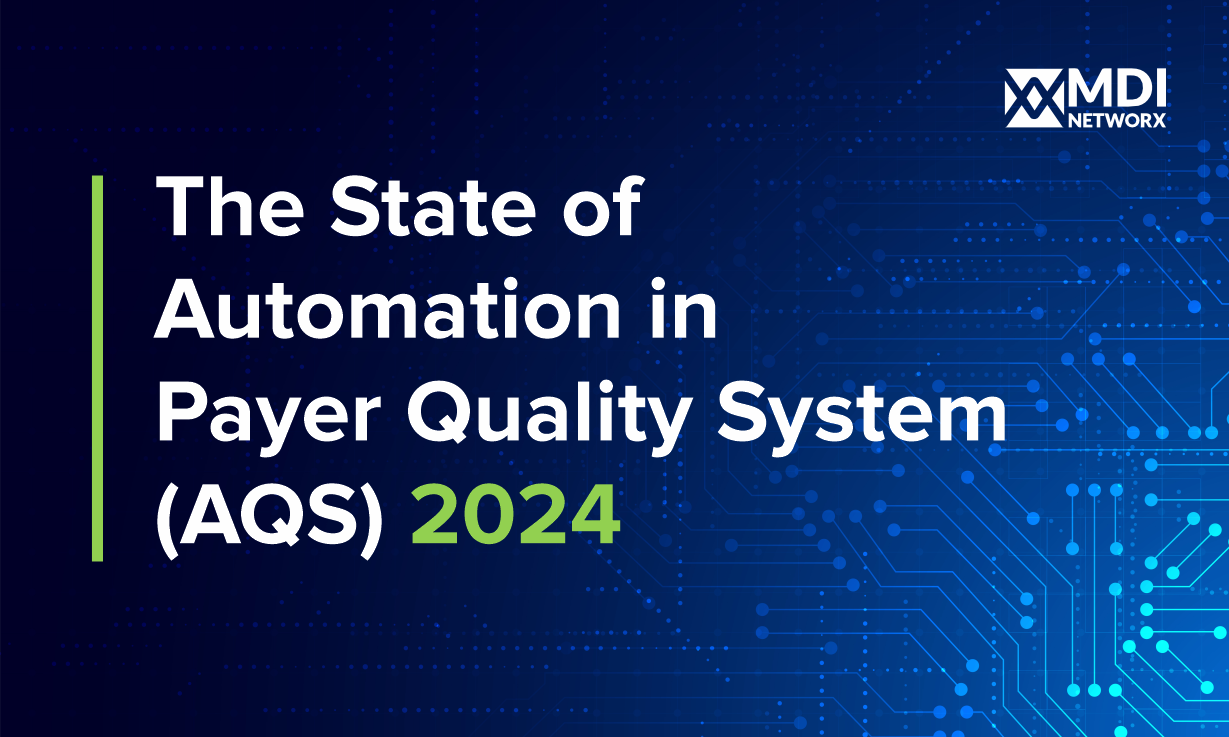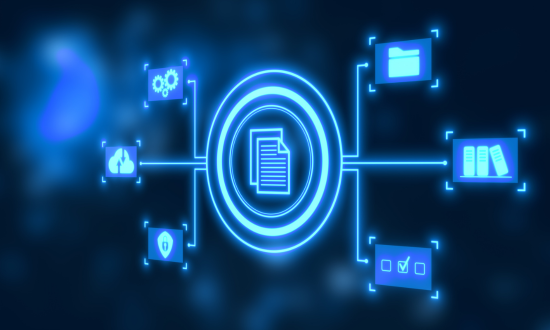Imagine a world where healthcare providers only have to focus on patient care, and the burden of understanding the black hole behind the claims adjudication process lies elsewhere. This vision is increasingly coming to the fore as new technologies and strategies kick in to make the claims adjudication process fast, accurate, and low-lift.
Introduction:
The traditional process of adjudicating healthcare claims has been labor-intensive and heavily laden with errors. Now, it is no wonder why manual data entry, paper claims, and long-winded verification processes have been thorns in the flesh of the system, leading to delays and fiscal hemorrhaging. But times are changing rapidly, and with technological advances and proper strategic practices, this scenario is indeed taking a U-turn. This blog delves into best practices and cutting-edge solutions that are currently transforming the face of healthcare claims management.
Utilizing Data and Automation:
Comprehensive healthcare data integration is one of the fundamental cornerstones in modern healthcare claims management. By so doing, when one merges claim data and clinical information, it gives healthcare organizations an all-around view that enhances decision-making and accuracy.
AI-Powered Tools for Error Reduction:
Heading this transformation is Artificial Intelligence (AI) and Machine Learning (ML). These can trawl large data loads and pick out inconsistencies, predict denials, and indicate errors before the claims are submitted. With tools based on AI identifying the problems that exist in the documentation, the teams can proactively work toward decreasing this rate of denied claims and increasing the pace at which the money will be realized.
Making the Workflow More Efficient:
Automation of administrative workflows is revolutionizing the usual operations in data entry and the verification of claims. Not only does it speed up the healthcare claims adjudication process, but it also reduces human error, enabling staff to zero in on complex and value-added tasks. Claims auto-adjudication is a prime example of how automation can streamline operations, reducing the manual effort required for processing.
Implementing Electronic Claims Submission:
Transitioning to electronic submission systems for claims is one critical step in streamlining adjudication. Electronic Health Record (EHR) systems assure safety and precision in capturing data on patients and claims scrubbing tools work by recognizing potential issues before submission of the claims, therefore increasing the chances of acceptance.
Making Your Communication and Collaboration Better:
This calls for appropriate communication, which will ensure effective adjudication of claims. Drawn out communication channels between the healthcare provider, the payers, and the patients will avoid mistakes and hasten the resolution of issues with a claim.
Patient Portals and Automatic Updates:
Providing the patient with electronic portals for updating their data empowers the accuracy of such a dataset. Automated systems may check back on claims during treatment, hence lowering the number of calls that need to be made for such an undertaking and raising the level of patients' participation and follow-up. This openness builds trust and keeps all players in the know as things progress.
About Strategic Outsourcing:
Claims adjudication outsourcing should be welcomed by healthcare organizations with staffing constraints. These specialized service providers have superior technologies and experts who ensure that claims are processed faster and accurately. The strategy leaves the in-house teams doing other core functions of the business, raising productivity levels. Financial and operational benefits of outsourcing, among other things, reduce administrative costs and speed up revenue cycles. Expert providers can manage the complexities of claims and constantly changing regulations in a highly automated manner, which results in faster reimbursements, increased cash flow, and very high savings on costs.
Conclusion:
Claims adjudication can be revolutionized through data integration, automation, effective communication, and proper outsourcing. It is no longer just good to have; it is a need to have. By incorporating best practices and advanced solutions, health organizations can reduce mistakes, expedite processing, and improve financial performance. Such innovations make the claims adjudication process virtually seamless, which, in effect, ensures superior patient care and economic stability.




